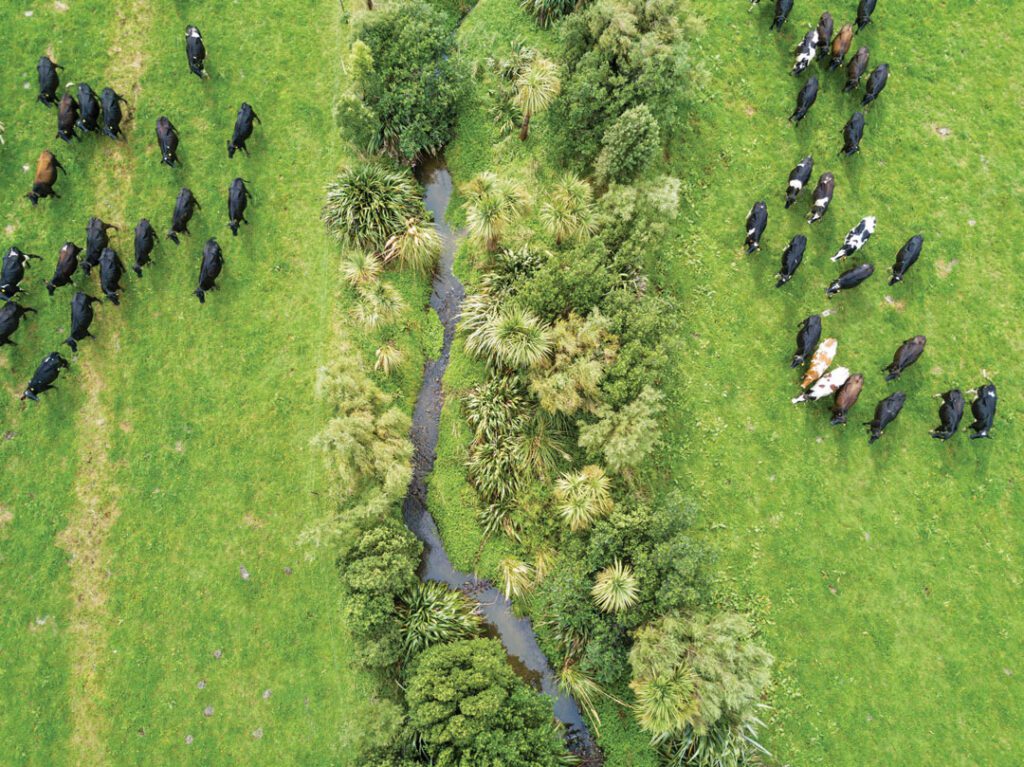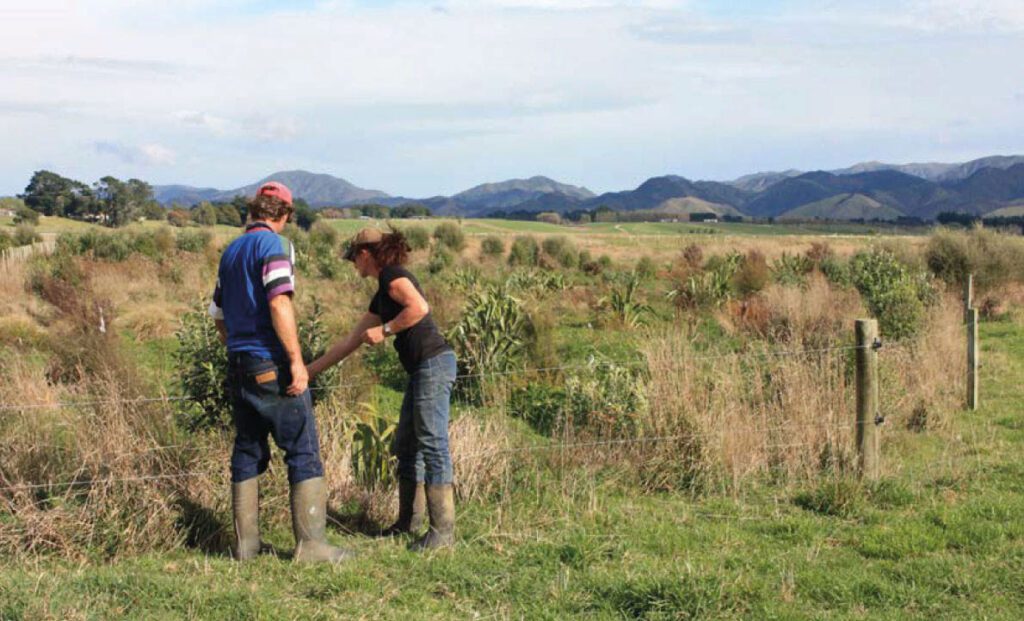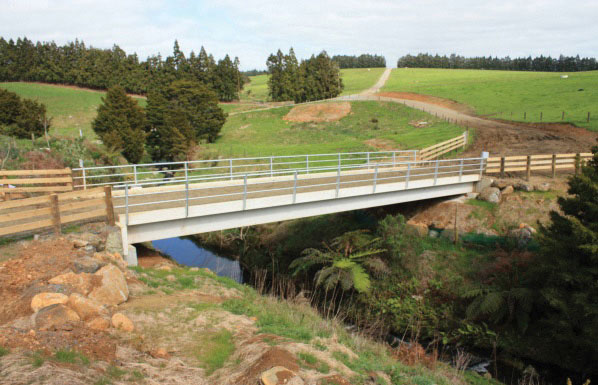Share this page

Alignment with SDGs
AUTHOR
Kimberly Crewther1, David Burger2 1 DCANZ , 2 Dairy New Zealand
Background
In 2013 New Zealand dairy industry partners launched the Sustainable Dairying Water Accord to enhance the overall performance of dairy farming as it affects freshwater. The Accord represents a common desire of the New Zealand dairy sector to contribute responsibly to protecting, and where opportunities exist, enhancing the many benefits and experiences New Zealanders enjoy in freshwater. This includes swimming, recreation, gathering food, the provision of habitat for aquatic species, as well as the ability to use water for social, cultural and economic betterment.
Introduction
The Accord focuses on adoption of good management practices, with accountability being maintained through annual independent audits and progress reports. The commitments and targets span five areas of practice relevant for water quality – nutrient management, effluent management, riparian management, water use management, and conversion of land to dairying.
Achievements of the Water Accord
The progress highlights and achievements include:
- 92% of waterways falling under the Accord have dairy cattle excluded – this involves 26,167km of fencing;
- 99.4% of the 44,386 regular stock crossing points on dairy farms have bridges and culverts;
- 13 riparian planting guides have been produced by DairyNZ in partnership with regional councils to assist farmers in undertaking riparian planting to improve water quality;
- 5,701 dairy farms have installed water meters;
- 83% of farmers have nutrient budgets and have received benchmarked information on their nutrient management;
- 133 rural professionals have been certified as nutrient management advisors.
The shift to remote learning also applied to Dairy Council of California’s Farm to School program, Mobile Dairy Classroom (MDC). MDC is an assembly that brings the farm experience which includes a live dairy cow to students, teaching them how milk and dairy foods get from the farm to the table and how they contribute to a healthy eating pattern. During the 2020–2021 school year, MDC collaborated to begin innovative virtual field trips, combining the traditional experience of an assembly with a virtual farm tour.


Next steps
Making sure people are supported and able to access nutritious and culturally appropriate foods is a core component of sustainable nutrition and vital to achieving nutrition security. Schools support children’s overall health and well-being by providing nourishing meals, especially for those living in socioeconomically disadvantaged communities or food-insecure homes. Student participation in school meal programs is associated with higher intake of dairy foods, fruits, vegetables, and whole grains. These food groups support the intake of important nutrients that are typically under consumed, making school meals an important source of nutrition for many children.
References
Dairy New Zealand (2018). Sustainable Dairying: Water Accord https://www.dairynz.co.nz/environment/in-your-region/sustainable-dairying-water-accord/ Last accessed 12 December 2018.






